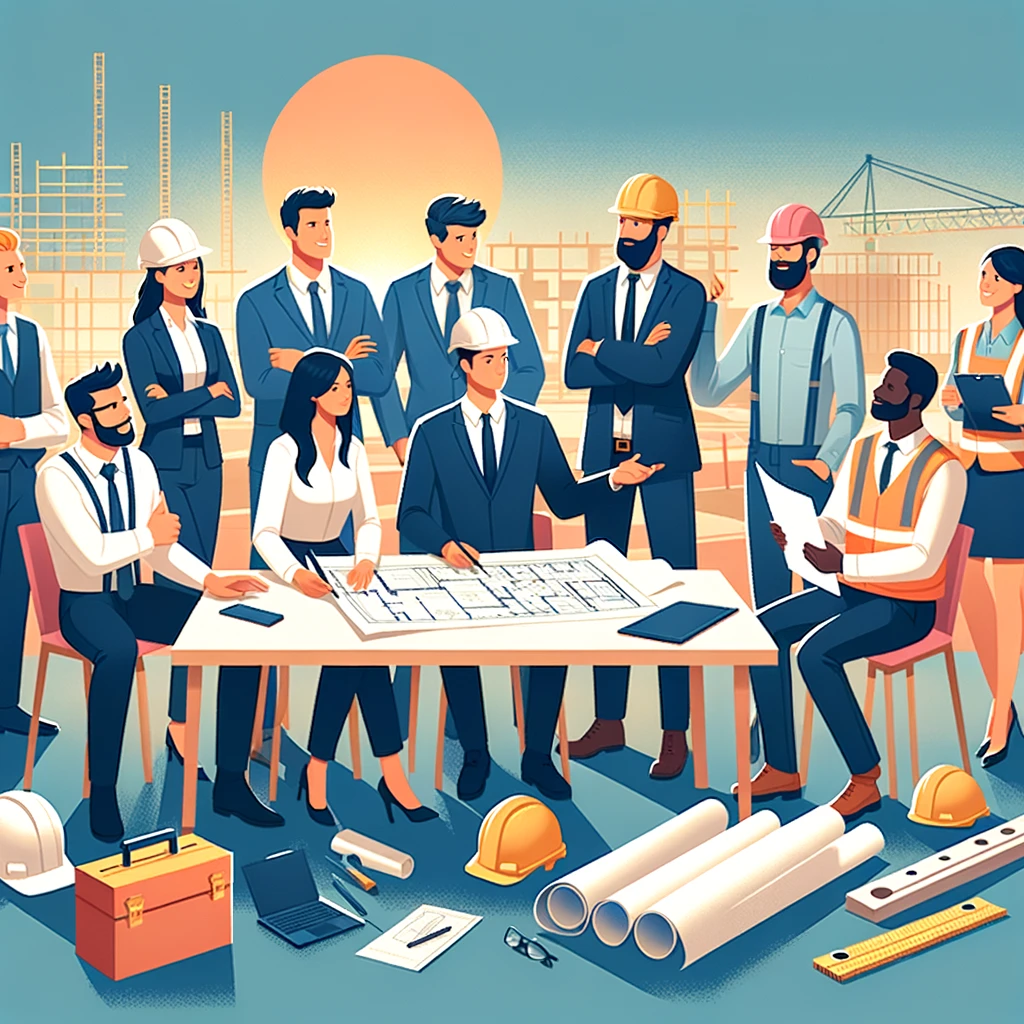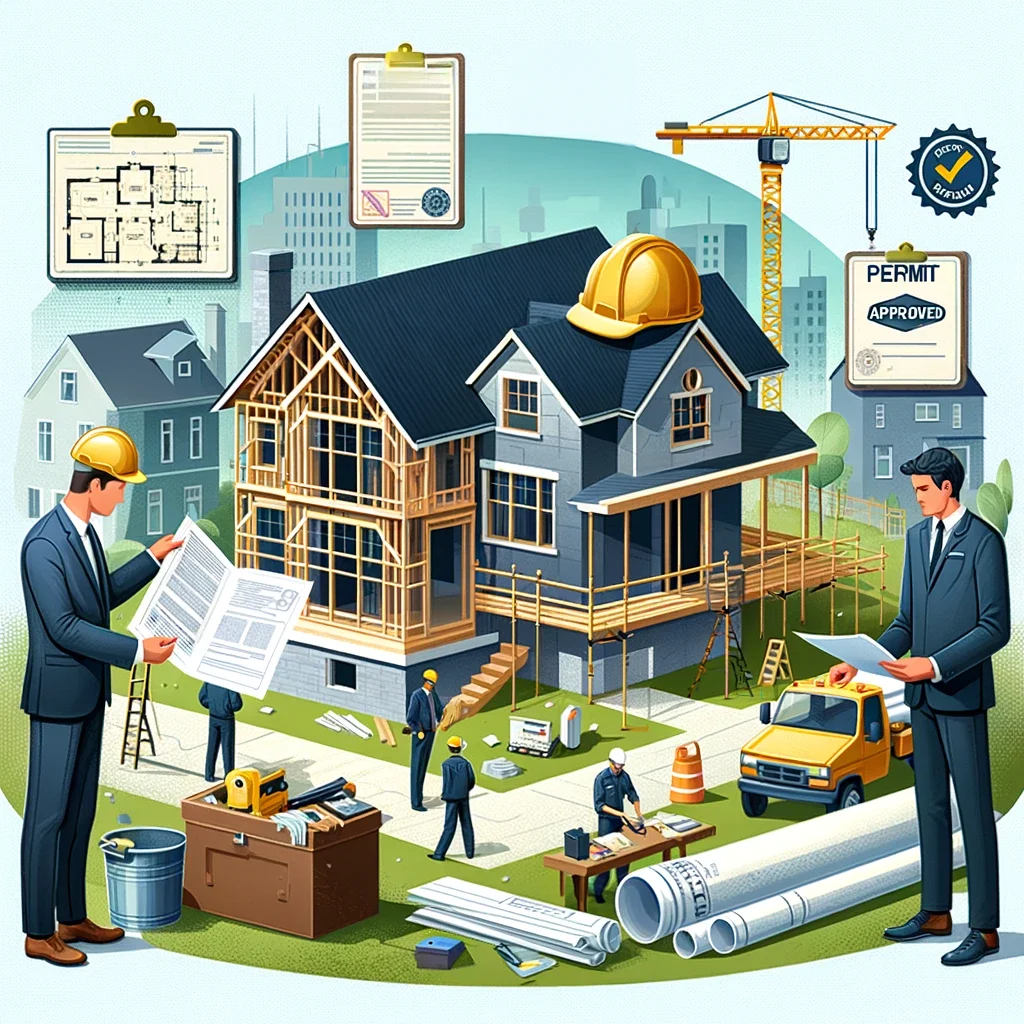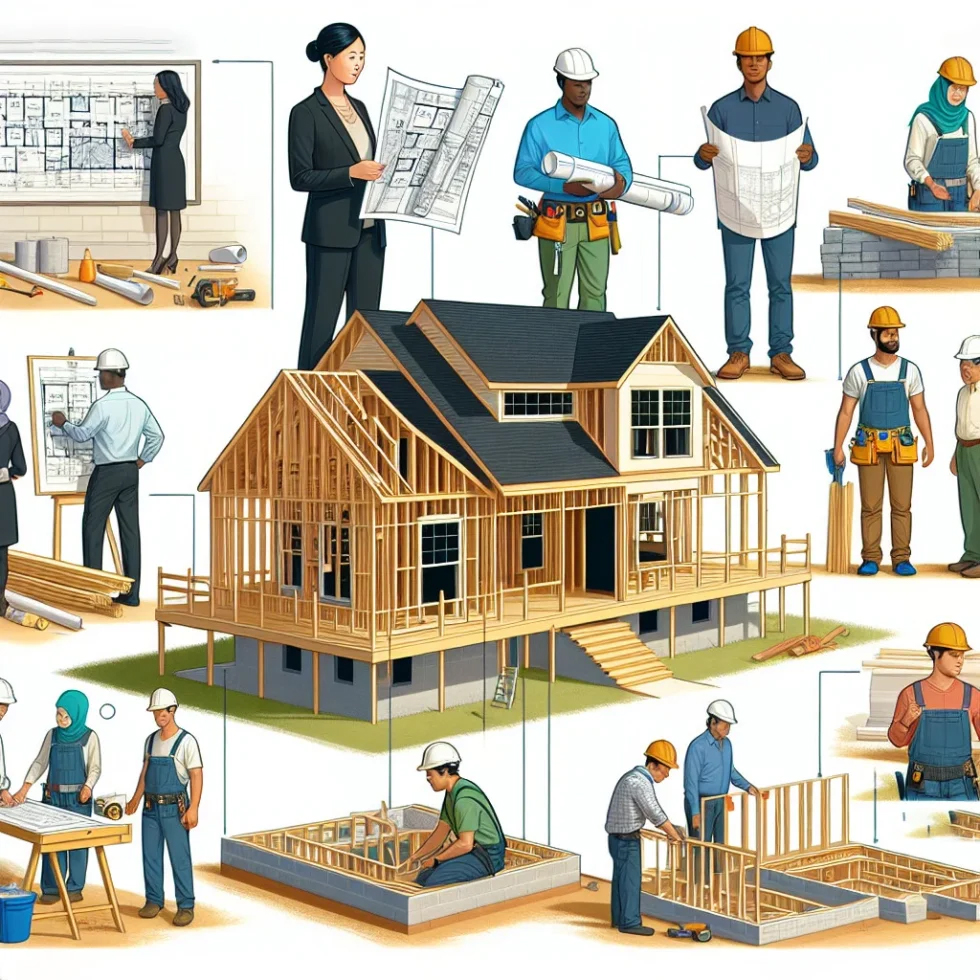Building a single-family home requires a significant investment of time, money, and effort. From finding the right location to working with contractors and obtaining necessary permits, the construction process can be complex and challenging. However, with the right preparation and knowledge, it is possible to navigate the process successfully and create the home of your dreams. In this article, we will provide tips for building single-family homes that will help you successfully navigate the construction process.
Finding the Right Location
Research Potential Locations
When building a single-family home, one of the most important decisions you will make is selecting the right location. Before purchasing a lot or land, it is essential to conduct thorough research on potential locations. Consider factors such as proximity to schools, amenities, and public transportation, as well as the resale value of homes in the area. Additionally, consider the zoning regulations and building codes in the area, as these can impact the design and construction of your home.
Consider the Surrounding Environment
In addition to researching the location, it is essential to consider the surrounding environment. Factors such as natural hazards, environmental regulations, and terrain can all impact the construction process. For example, if the land is located in a flood zone, special construction techniques may be required to mitigate the risk of flooding. Similarly, if the land contains significant vegetation or natural features, it may require additional approvals and permits.
Hiring the Right Team

Selecting a Reputable Architect
Once you have found the right location, the next step is to assemble a team of professionals to help bring your vision to life. Hiring a reputable architect is essential, as they will be responsible for designing the home and obtaining necessary permits. When selecting an architect, consider their experience, portfolio, and reputation within the industry. It is also important to ensure that the architect understands your vision and is capable of delivering a design that meets your needs and desires.
Choosing Experienced Contractors
In addition to hiring an architect, it is essential to select experienced contractors to handle the construction of your single-family home. General contractors, plumbers, electricians, and other professionals will play a crucial role in the success of your project. When selecting contractors, be sure to conduct thorough research, obtain multiple bids, and check references. It is also important to ensure that the contractors are licensed, insured, and have a solid track record of delivering high-quality work.
Obtaining Necessary Permits and Approvals

Understanding the Permitting Process
Before construction can begin, it is essential to obtain the necessary permits and approvals from the local building department. The permitting process can be complex and time-consuming, so it is important to start this process early and ensure that all requirements are met. Work with your architect and contractors to understand the specific permits and approvals that will be required, and be prepared to provide detailed plans and documentation to the building department.
Navigating Environmental Regulations
In addition to standard building permits, it is also important to navigate any environmental regulations that may impact the construction of your single-family home. Depending on the location and surrounding environment, you may need to obtain approvals from agencies such as the Environmental Protection Agency or the local conservation board. Be sure to research and understand any potential environmental regulations that may impact your project, and work with your team to ensure compliance.
Managing the Construction Process
Establishing a Realistic Timeline
Once all necessary permits and approvals have been obtained, the construction process can begin. It is essential to establish a realistic timeline for the construction of your single-family home. Work with your general contractor to create a detailed schedule that outlines each phase of the construction process, from site preparation to final inspections. Be sure to account for any potential delays or unexpected challenges, and communicate openly with your team to ensure that the project stays on track.
Communicating Effectively
Effective communication is crucial to the success of any construction project. Regular communication with your architect, contractors, and other professionals is essential to ensure that everyone is on the same page and working towards the same goals. Be proactive in addressing any concerns or issues that arise, and be open to feedback and suggestions from your team. By fostering a culture of open communication, you can help mitigate potential problems and ensure that the construction process runs smoothly.
Ensuring Quality and Compliance
Quality Control
Throughout the construction process, it is essential to prioritize quality and ensure that all work meets your standards and specifications. Regular inspections and quality checks should be conducted to verify that all work is being done to code and meets the requirements of the architectural plans. Be proactive in addressing any issues or deficiencies that are identified, and hold your team accountable for delivering high-quality work.
Compliance with Building Codes
Compliance with building codes is essential to the safety and structural integrity of your single-family home. Throughout the construction process, it is important to ensure that all work is being done in compliance with local building codes, zoning regulations, and other legal requirements. Work closely with your architect and contractors to ensure that all work meets these standards, and be prepared for any necessary inspections or approvals from the building department.
Frequently Asked Questions
How long does it take to build a single-family home?
The timeline for building a single-family home can vary depending on factors such as the size and complexity of the home, the location, and any potential challenges or delays. On average, the construction process can take anywhere from six to twelve months.
How much does it cost to build a single-family home?
The cost of building a single-family home can vary widely depending on factors such as the size and design of the home, the location, and the cost of materials and labor. On average, the cost per square foot for a single-family home can range from $100 to $200 or more, excluding the cost of land.
Do I need to hire an architect to design my single-family home?
While it is possible to design a home without the assistance of an architect, hiring a reputable architect is highly recommended. An architect can help to ensure that your home is well-designed, functional, and compliant with building codes and regulations.
What permits are required to build a single-family home?
The specific permits required to build a single-family home can vary depending on the location and local regulations. However, common permits that may be required include building permits, electrical permits, plumbing permits, and septic system permits.
How do I find reputable contractors for my construction project?
Finding reputable contractors for your construction project can be challenging, but there are several strategies that can help. Consider asking for referrals from friends, family, or real estate professionals, and conduct thorough research to verify the credentials and reputation of potential contractors.
What should I look for in a potential building lot or land?
When selecting a potential building lot or land, it is important to consider factors such as location, topography, natural hazards, utilities, and environmental regulations. Prioritize research and due diligence to ensure that the land is suitable for the construction of a single-family home.
What are some common challenges in the construction process?
Common challenges in the construction process can include unexpected delays, cost overruns, permitting issues, and quality control. By planning ahead and working closely with your team, you can help to mitigate these challenges and ensure a successful construction process.

